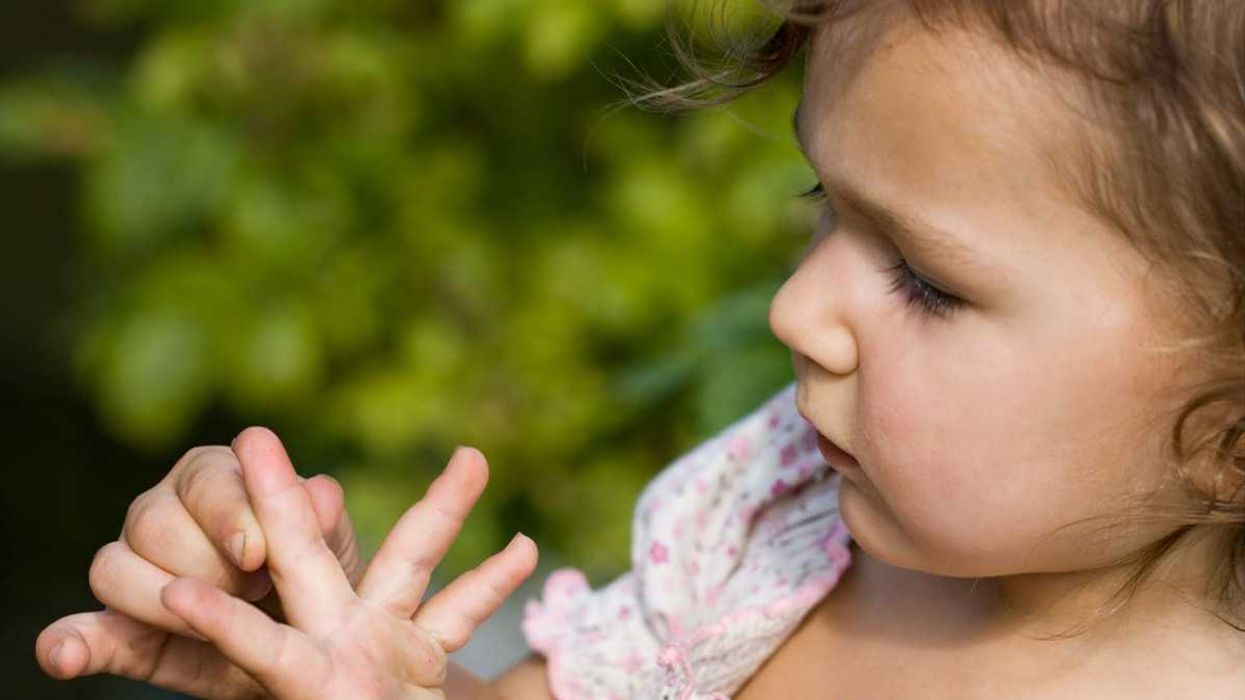The Calgary Hitmen of the Western Hockey League may not be known to casual sports fans, but since 1995, the team has made a name for itself with an altruistic event that makes highlight reels every year. Lifting the tactic from the Kamloops Blazers, who started the Teddy Bear Toss in 1993, the Hitmen have turned their annual take into nothing short of a spectacular tradition.
The premise is simple: Fans in attendance show up to the designated game with stuffed animals in hand and lob them onto the ice following the first goal of the night. Play stops as the animals continue to fly. The stuffed animals are then collected by arena workers and distributed to local agencies that gift them to children and families in need.
The 2017 affair saw a staggering 24,605 plush animals collected, interrupting the game for more than 30 minutes as the ice was cleared of the donations. According to the team’s event page, their participation has provided 323,343 gifts since the toss’s 1995 premiere.
While the notion is enough to endear the practice to the most patient sports fans, the sight of seeing these furry items fly is a sight to behold regardless of intent.
Much as the Hitmen took a cue from the Blazers in implementing the charitable phenomenon, other minor and college hockey teams have now co-opted the practice for the benefit of needy families in their communities.
According to Deadspin, other teams newer to the Teddy Bear Toss are quickly gaining ground.
The AHL’s Bears of Hershey, Pennsylvania, netted 25,017 animals during their event.
Other teams in on the action include the Indy Fuel, the Colorado Eagles, and the Portland Winterhawks.
Given the philanthropic nature of the Teddy Bear Toss, there appears to be no pride of ownership here. It’s fun for fans, which helps attendance, and provides a great service for local children and families.
The more the merrier.


















 The Emergency Department.Photo credit:
The Emergency Department.Photo credit:  Little girl with a splinter.Photo credit:
Little girl with a splinter.Photo credit:  Woman on phone after car accident.Photo credit:
Woman on phone after car accident.Photo credit: 

 A hotel clerk greets a guestCanva
A hotel clerk greets a guestCanva Gif of Faye Dunaway' as Joan Crawford demanding respect via
Gif of Faye Dunaway' as Joan Crawford demanding respect via  An empty rooftopCanva
An empty rooftopCanva
 A road near equatorial Atlantic OceanCanva
A road near equatorial Atlantic OceanCanva Waves crash against rocksCanva
Waves crash against rocksCanva

 Two people study a mapCanva
Two people study a mapCanva Foggy Chinese villageCanva
Foggy Chinese villageCanva